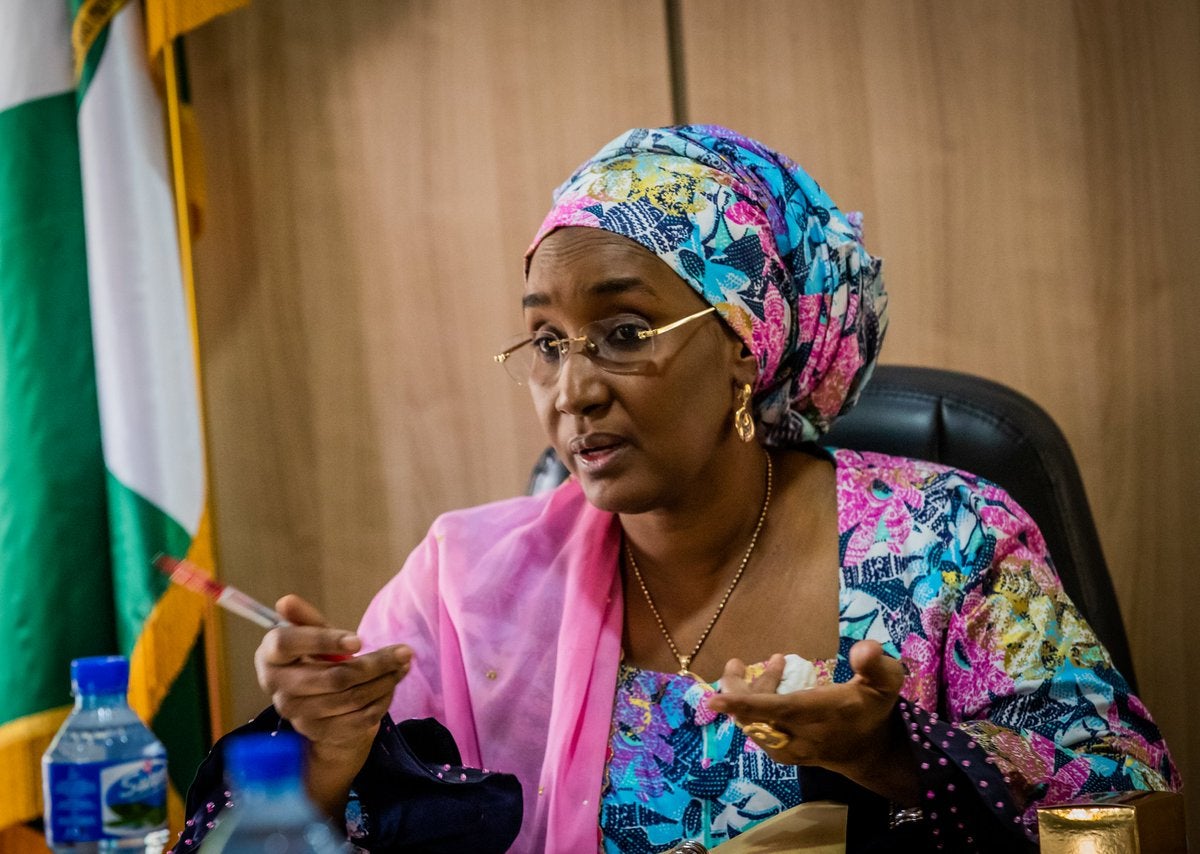The Minister of Disaster Management, Humanitarian Affairs and Social Development, Hajiya Sadiya Umar Farouq has again defended the Federal Government’s decision to feed school children at home.
Schools are closed across the country to curb the spread of novel coronavirus disease (COVID-19).
According to her, school feeding programme is not unique to Nigeria, and school children are being fed in Liberia, South Africa and 14 other countries despite school closure.
The minister equally defended the Federal Government’s plan to expend N679 million daily on the programme.
Farouq spoke on Thursday in Lagos at a programme to begin the distribution of food items under the National Home Grown School Feeding Programme (NHGSFP) at the St. Francis Primary School in Maryland.
She said feeding children at home is an internationally-accepted practice to check food insecurity and malnutrition among vulnerable people during emergencies.
The minister, who was represented by the Director of National Commission for Refugees, Immigrants and IDPs, Mrs Margaret Ukaegbu, reiterated that the programme was not a scam as claimed in many quarters.
She promised that the list of all vendors would be submitted to the Economic and Financial Crimes Commission (EFCC) to show that it was not a scam.
Read Also: War of words as Edo ex-commissioner collapses over police harassment
Reiterating her stance, Farouq said, “So, the idea of take-home rations is not unique to Nigeria, neither is it a scam. It is a globally accepted means of continuing to have access to nutrition and nutritionally-rich foods, despite disruptions to the traditional channels of school feeding.”

